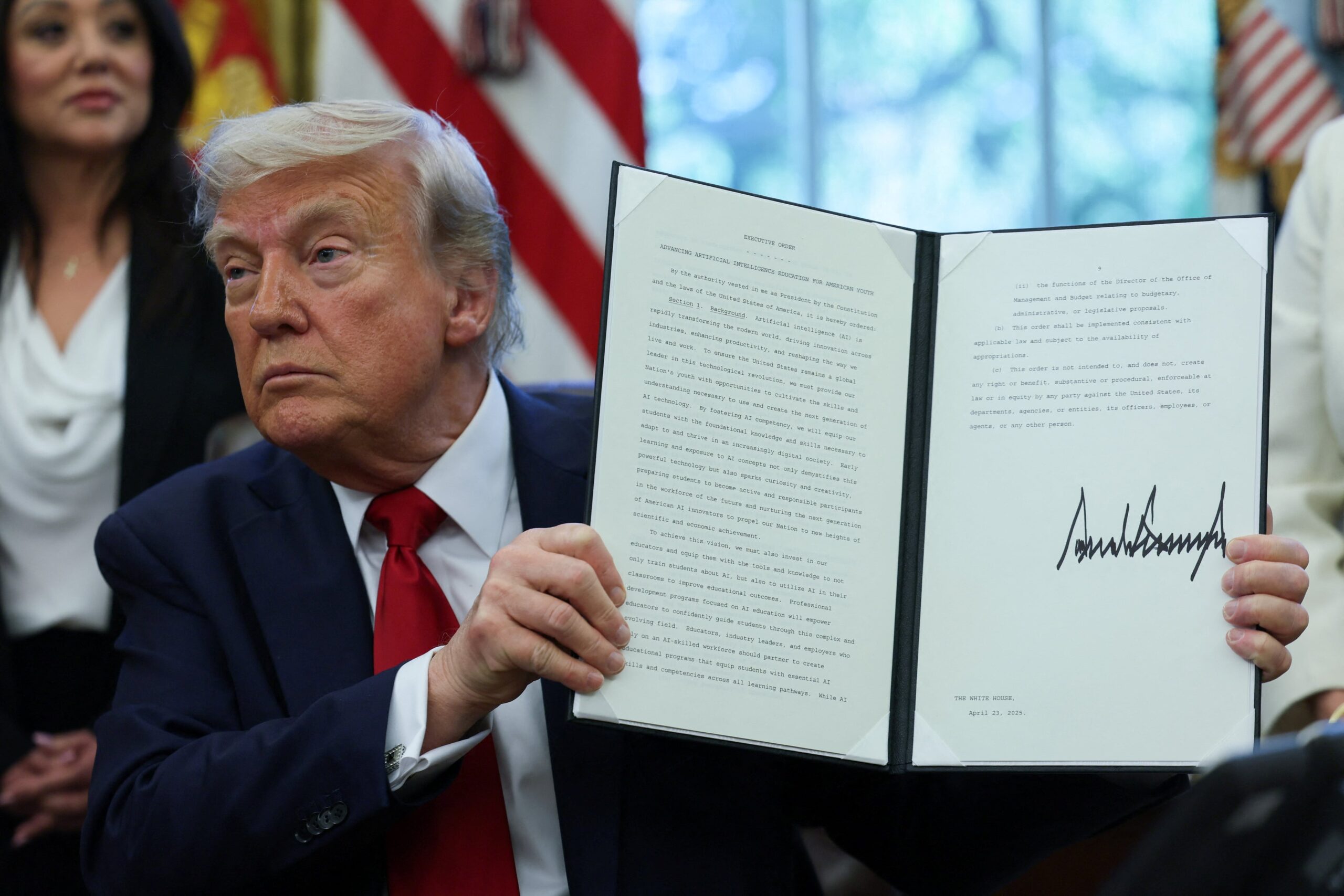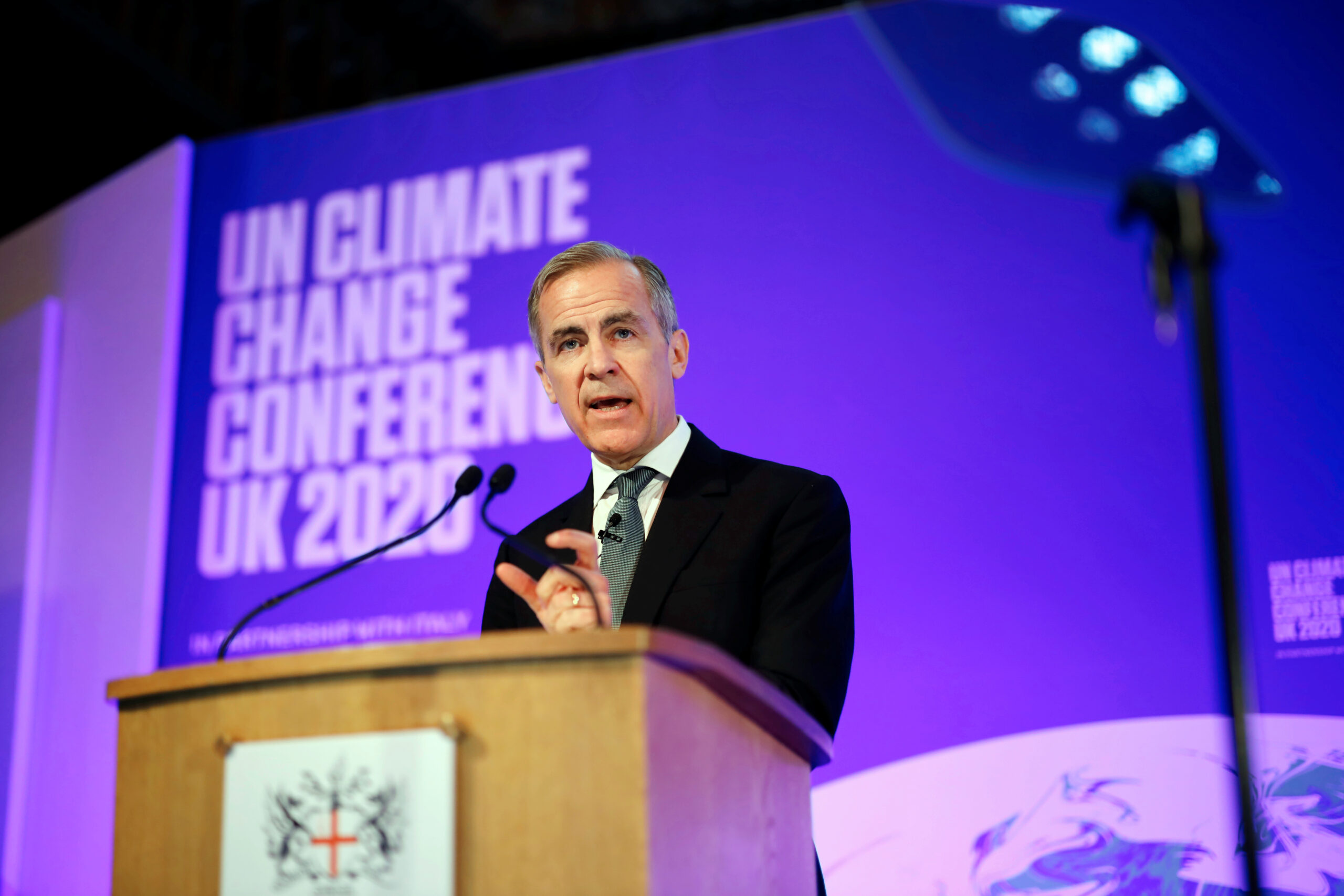Now Reading: Trump’s first 100 days: US walks away from global climate action
-
01
Trump’s first 100 days: US walks away from global climate action
Trump’s first 100 days: US walks away from global climate action

US President Donald Trump has once again initiated the withdrawal of the United States from the Paris Agreement, a global deal aimed at addressing climate change. This time, he has introduced several additional measures to terminate US involvement in international climate initiatives within his first 100 days in office.
On his first day at the White House, Trump not only signed an order for the US to exit the Paris Agreement, a process that takes a year from the UN notification, but his administration has also hindered international climate finance by reducing aid, reneging on commitments to climate funds, supporting major fossil fuel projects abroad, and undermining environmental agreements such as the United Nations Convention on the Law of the Sea.
In an executive order on global environmental deals issued on day one, Trump emphasized prioritizing the interests of the United States and its citizens in any international agreements that could potentially harm the American economy. However, analysts caution that this move could have far-reaching implications and weaken the US geopolitically.
Experts warn that by withdrawing from the Paris Agreement and taking these actions, the Trump Administration is undermining the US government’s ability to exert influence globally. They highlight that while the US may choose to disengage, other countries continue to participate in international forums, potentially enhancing China’s global standing.
The US’s participation in the upcoming COP30 UN climate summit in Belém, Brazil, remains uncertain. A potential absence by the world’s second-largest carbon emitter at the summit where over 190 countries are set to discuss climate finance strategies and present updated national climate plans would be unprecedented.
The Trump administration’s actions have not only impacted climate agreements but have also affected agencies and initiatives related to climate change. The dismantling of the State Department’s Office for Global Change and the dismissal of authors of the National Climate Assessment raise concerns about the US’s role in addressing climate challenges.
Furthermore, the US’s withdrawal from international climate finance commitments and redirection of support towards fossil fuel projects like gas plants in Mozambique signal a shift in priorities. The administration’s focus on minerals critical for clean energy technologies and its efforts in promoting gas at international energy forums have drawn criticism.
As the US veers away from global environmental pacts and processes, other countries like China are stepping up their climate commitments. The hosting country of COP30, Brazil, emphasizes the importance of multilateral action involving key nations to effectively address climate change.




